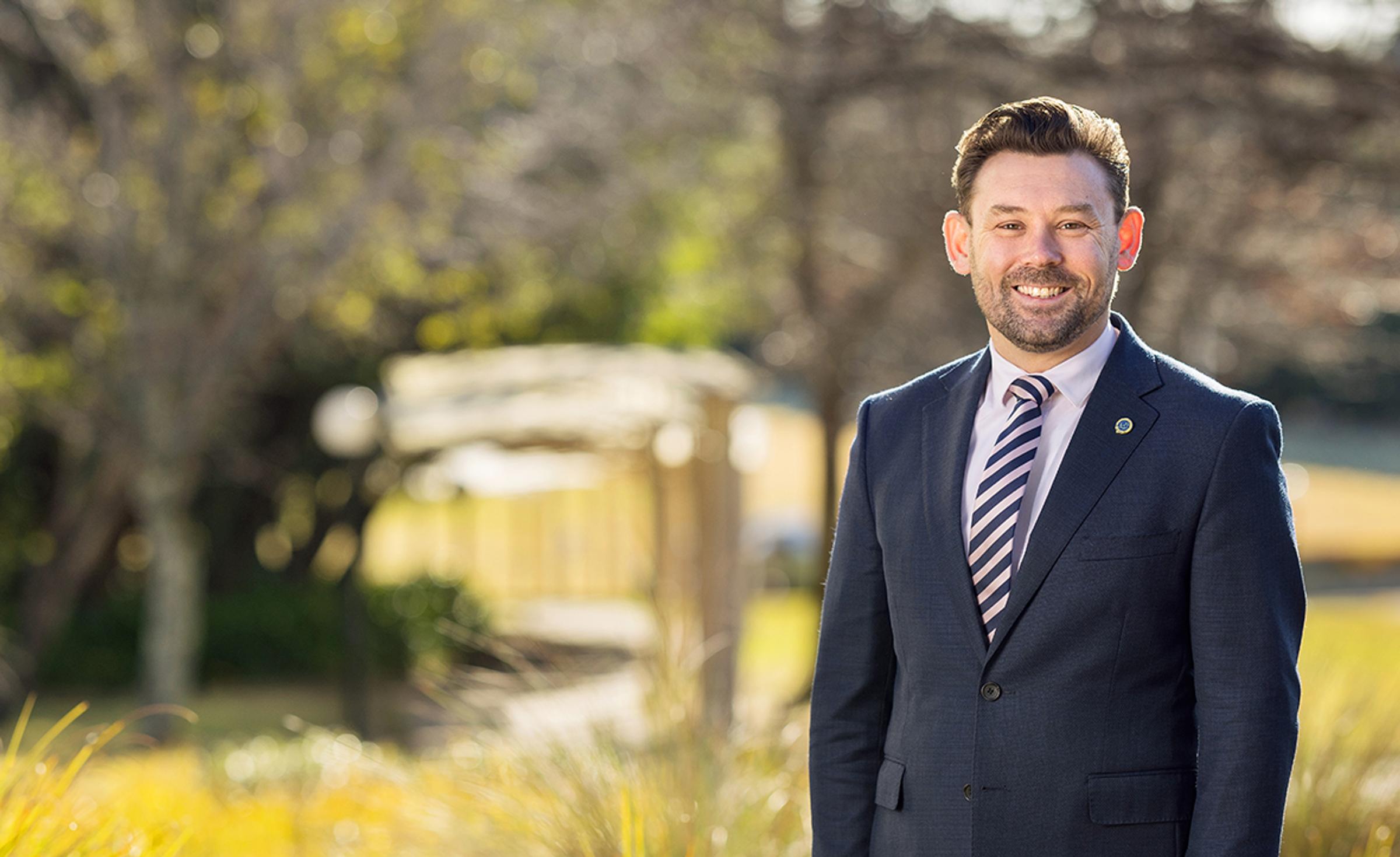From the Director of Innovative Pedagogies

The past fortnight at Blue Mountains Grammar School has seen the Summer holidays move further into the rear-view mirror as staff and students settle into their work and routines. Year 8 have been out on camp for 5 days and Year 7 are preparing to go on their camp next week. Students have been helping out at Social Outreach, which is a partnership with Wentworth Falls Anglican Church. Year 11 and 12 are into their assessments. In the Junior School there have been picnics and the start of co-curriculars. Student Council Representatives were announced at assembly on Wednesday. It is certainly a very busy place for students and staff.
All this reminds me of the role adults play in helping young people manage their time, emotions and commitments. There are a huge number of opportunities for our students inside and outside school, and I am sure teachers and parents are aligned in wanting to strike the right balance between guiding them, doing things for them, and letting them experiment and work things out for themselves. This is not a linear process; it is often messy and there are a lot of tweaks and adjustments along the way.
My eldest daughter started Kindergarten this year and my wife and I are seeing the significant shift in what we can expect from her at home. Prior to starting school she was able to complete simple tasks like getting her clothes out for the next morning, but since starting Kinder we have seen that she is absolutely at her capacity when she gets home from school and is not able to do the same things she could 6 weeks ago. It is not that she does not want to, it is that the organisation and thinking required has been used up during the day at school and at home she needs to recharge for the next day. My wife and I have thought about this a lot and whether we are doing the right thing by relaxing our expectations of her, but as it was pointed out to us, she just can’t do it right now. She is at cognitive capacity.
Like at home with our daughter, a significant part of helping young people manage is understanding Cognitive Load Theory (CLT) and setting our expectations accordingly. CLT helps us make sense of how the brain processes information and why clarity, structure and order are so important. By understanding how the brain and learning works, we can make it easier for students to absorb, retain, and apply new knowledge, regardless of their age or the task. This applies to the activities they complete in classrooms, but also to hobbies, sports and general life learning.
An easy way to think about CLT is to imagine the brain as a juggling act. Every time we learn something new, we are adding another ball to the mix. If we add too many at once, it becomes overwhelming, and some balls are bound to drop. Cognitive Load Theory explains that our working memory, the part of the brain that processes new information, is limited. If we overload it, learning becomes much harder. However, when information is presented in a clear, structured way, we can take in new ideas more effectively without feeling overwhelmed.
For our students and teachers this is very significant as it shapes and guides the way we structure learning. Our teachers model concepts step by step before asking students to try them independently, so they feel supported rather than overwhelmed. We break learning into manageable chunks, allowing students to focus on one idea at a time. By using examples, visuals, and guided practice, we help students build their understanding gradually. Regular retrieval of information through activities like quizzes, discussions, and reviews ensures opportunities to convert new information into deep learning. By keeping lessons structured and free from unnecessary distractions, we create an environment where students can focus and learn effectively.
A discussion we will have later as a school community is the possibility of tech-free lessons. This has been discussed informally in a number of meetings, and even raised by some groups of students as something they would be interested in. They are recognising the limitations of tech in some classes and the value in different styles of learning and activities. Please do not hear me saying we are about to get rid of all laptops from school – this is certainly not the case. We are thinking about cognitive load and how different pedagogies and resources can best serve our students.
Later in the year we will be holding sessions about learning at Blue Mountains Grammar School for parents as we talk about the challenges for students and the need to understand the biology of learning if we are to serve them well.
I am looking forward to meeting with you then.
Christopher Sanders
Director of Innovative Pedagogies
